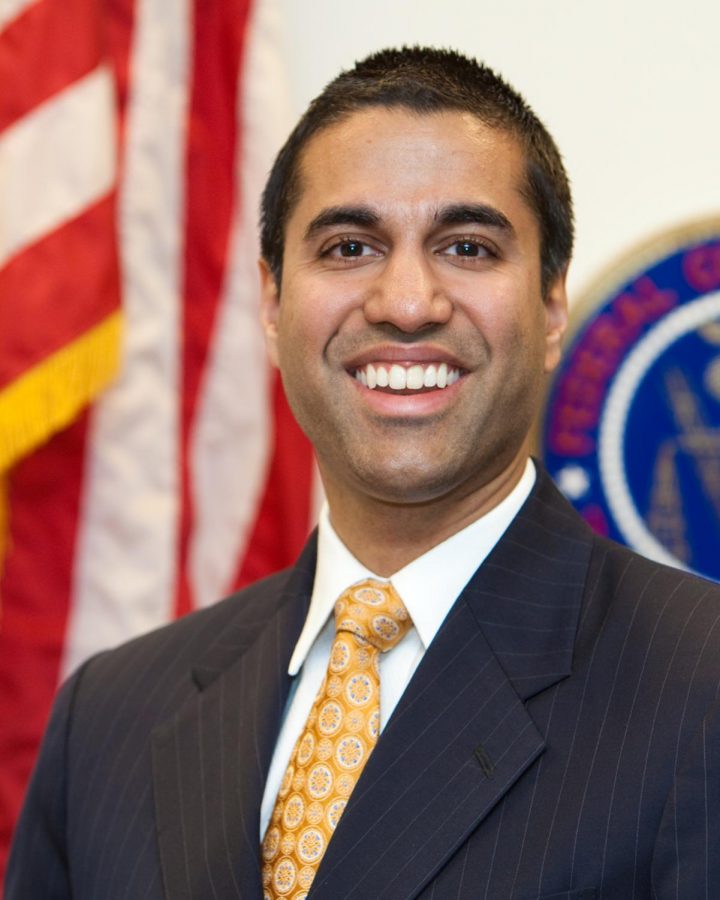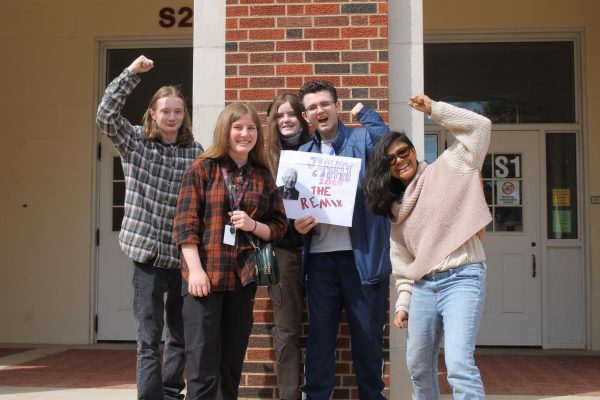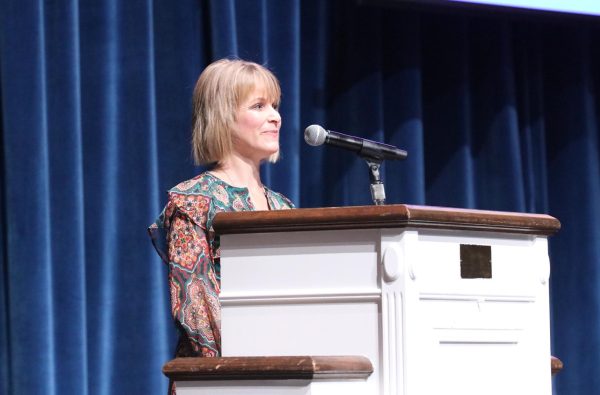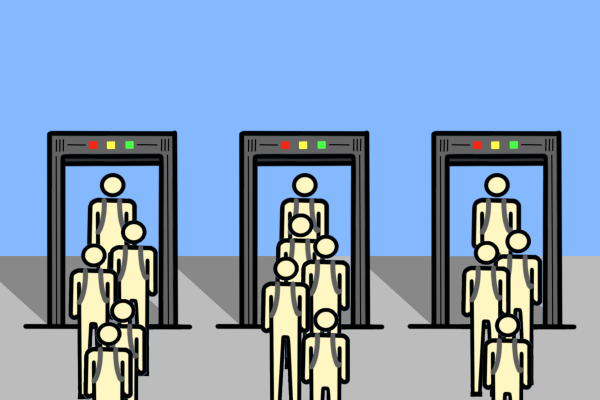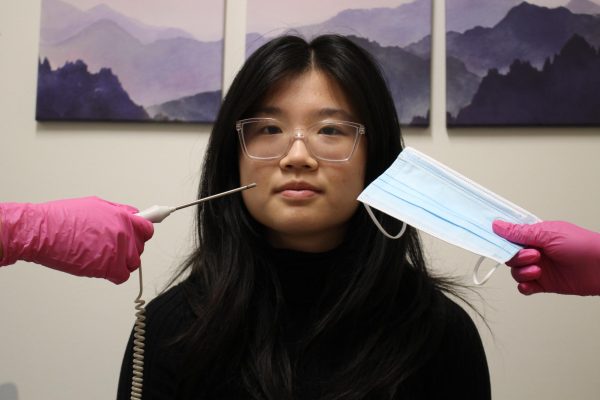Net Neutrality and how its repeal will affect students at HP
For some, the internet is a place to learn, chat with friends or play games and have fun. For internet service providers, or ISPs, it’s a means of making a profit.
President Donald Trump’s pick for Federal Communications Commission (FCC) chairman, Ajit Pai, wants to give corporations the rights to what they sell. Just like telephones and TV channels, it would be passed on to corporations and, by his words, stop the government from “micromanaging the internet.”
The net neutrality restrictions that former President Barack Obama placed on net neutrality prevented ISPs from favoring their content over others and locking some sites behind a paywall. If it’s repealed and replaced with softer regulations, what will it mean for students at Highland Park?
Net neutrality as it stands now solidifies the internet as “one-pay for everything,” or that once people have the internet they have everything it offers, unless whoever owns the router blocks certain sites. That could change if net neutrality is repealed. A student who has net neutrality would be able to have access to any and all websites, while a student in a world without net neutrality could be unable to access certain sites that compete with services their ISP offers.
Netflix, for example, might take a massive hit- though educational sites will likely remain intact. However, if ISPs start offering premium internet “packages” for some sites, it might impact HPHS negatively, seeing as the school might not want to spend more money for the highest-quality internet. (This is, of course, conjecture.)
Pai, meanwhile, is banking the responsibility on the internet service providers to do the right thing. He hopes that “no blocking” and “no throttling” on contracts will become commonplace, thus making these contracts enforceable by the government. Until then, it’s impossible to know whether corporations will uphold that or not, though some are already taking sides. Bob Quinn, AT&T’s head of regulatory affairs, blogged in response to the action.
“AT&T intends to operate its network the same way AT&T operates its network today: in an open and transparent manner,” Quinn said. “We will not block websites, we will not throttle or degrade internet traffic based on content, and we will not unfairly discriminate in our treatment of internet traffic.”
Numerous consumers who support one side or the other of the issue have been contacting representatives in Congress to have their voices heard on the issue.
“The reality is that Congress provides a critical role in overseeing the FCC,” said director of the pro-net neutrality group Fight for the Future Evan Greer. “People from across the political spectrum are coming out of the woodwork to engage in this issue, and the real question now is if Congress is listening.”

This is my fourth year on the Bagpipe staff.
What is your dream job?
Psychologist
What are you involved with at the school?
President of Video Game Club, Reading Buddies tutor
How would your friends describe you?
Quirky



